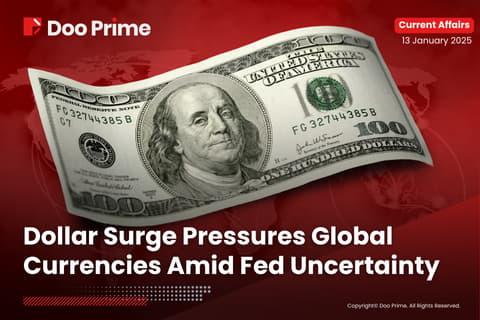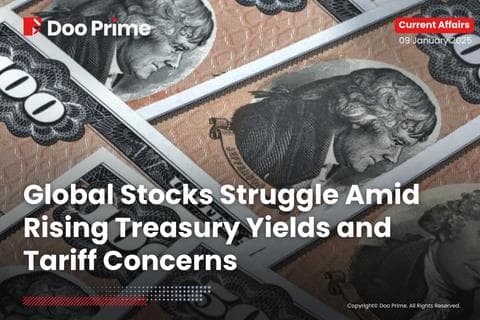WORLDWIDE: HEADLINES
U.S. Slaps Sanctions On Company Building Russia’s Nord Stream 2 Pipeline

The United States on Wednesday imposed sanctions on the company in charge of building Russia’s Nord Stream 2 gas pipeline, expanding penalties on Moscow after it recognized two breakaway regions in eastern Ukraine.
The sanctions, which target the Nord Stream 2 AG company and its CEO, Matthias Warnig, add to pressure on the Baltic Sea project that was designed to double the gas flow capacity from Russia to Germany.
Europe’s most divisive energy project, Nord Stream 2 has not begun operations pending certification by Germany and the European Union.
Germany on Tuesday halted the pipeline, worth $11 billion, citing Russia’s actions toward Ukraine. The United States and the EU worry the pipeline will increase Europe’s dependence on Russian energy supplies and deny transit fees to Ukraine, host to another Russian gas pipeline.
In a statement on Wednesday, U.S. President Joe Biden said his administration had been closely coordinating Nord Stream 2 action with Germany, adding: “Today, I have directed my administration to impose sanctions on Nord Stream 2 AG and its corporate officers.”
Biden added: “These steps are another piece of our initial tranche of sanctions in response to Russia’s actions in Ukraine. As I have made clear, we will not hesitate to take further steps if Russia continues to escalate.”
The U.S. Treasury Department issued a general license authorizing the “wind down” of transactions with Nord Stream 2 AG until March 2.
The sanctions did not affect Gerhard Schroeder, a former German chancellor and a close friend of Russian President Vladimir Putin’s who has headed the shareholders committee of Nord Stream since 2005.
Full coverage: REUTERS
WORLDWIDE: FINANCE/BUSINESS
Stocks Slump, Dollar Up As U.S. Warns Of Imminent Russian Invasion Of Ukraine
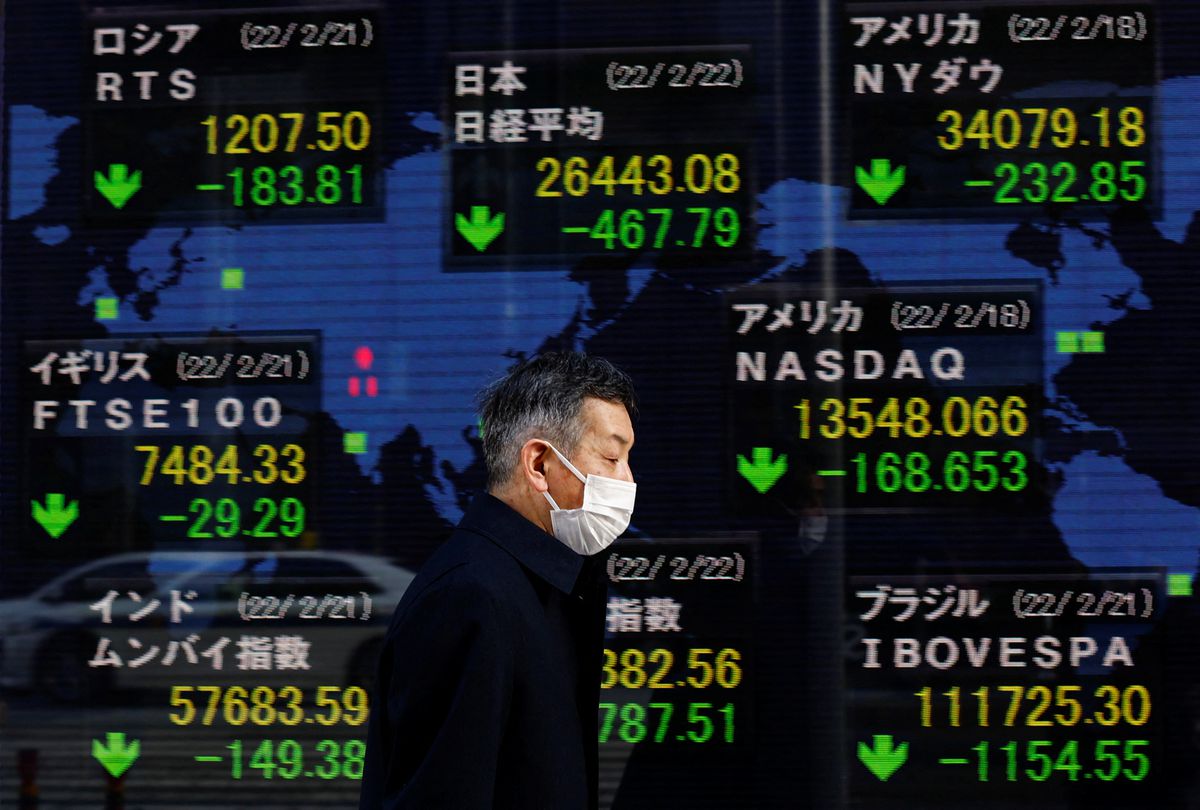
Global stocks extended a sell-off, the dollar, gold and oil prices jumped, and U.S. Treasury yields fell on Thursday amid growing fears of a full-scale Russian invasion of Ukraine.
As one of the worst post-Cold War security crises in Europe for decades worsens, U.S. Secretary of State Antony Blinken said he believes Russia will invade Ukraine within hours after separatists on Wednesday asked for Moscow’s help to repel “aggression” and as explosions rocked the breakaway eastern city of Donetsk.
Airlines should stop flying over any part of Ukraine because of the risk of an unintended shootdown or a cyber attack targeting air traffic control amid tensions with Russia, a conflict zone monitor said. The warning was followed by a notice to airmen that said flights of civilian aircraft in Ukraine’s airspace are “restricted due to potential hazard for civil aviation.”
The crisis deepened this week after Russian President Vladimir Putin dispatched troops into parts of Ukraine, triggering sanctions from Western countries.
Asset markets have seen a sharp increase in volatility, with oil racing to near $100 per barrel and the Cboe Volatility Index, known as Wall Street’s fear gauge, up more than 55% over the past nine days. (.VIX)
Overnight, U.S. stocks took a beating, with the Dow Jones Industrial Average (.DJI) down 1.38% to barely above the level that would have confirmed a correction. The MSCI World Index (.MIWD00000PUS), a leading gauge of equity markets globally, skidded to its lowest level since April 2021.
In Asia on Thursday, the selloff showed no signs of abating.
MSCI’s broadest index of Asia-Pacific shares outside Japan (.MIAPJ0000PUS) fell 1.6% in morning trade, with Australian shares (.AXJO) at one point diving nearly 3%. In Tokyo, the Nikkei (.N225) was 1.1% lower. Chinese blue chips (.CSI300) fell 0.6%.
“The markets figure Russia will now do whatever it wants given how weak the sanctions were, and are pricing in an invasion,” said Ray Attrill, head of FX strategy at National Australia Bank.
Full coverage: REUTERS
Euro Skids Versus Safe-havens As Ukraine Tensions Ramp Up
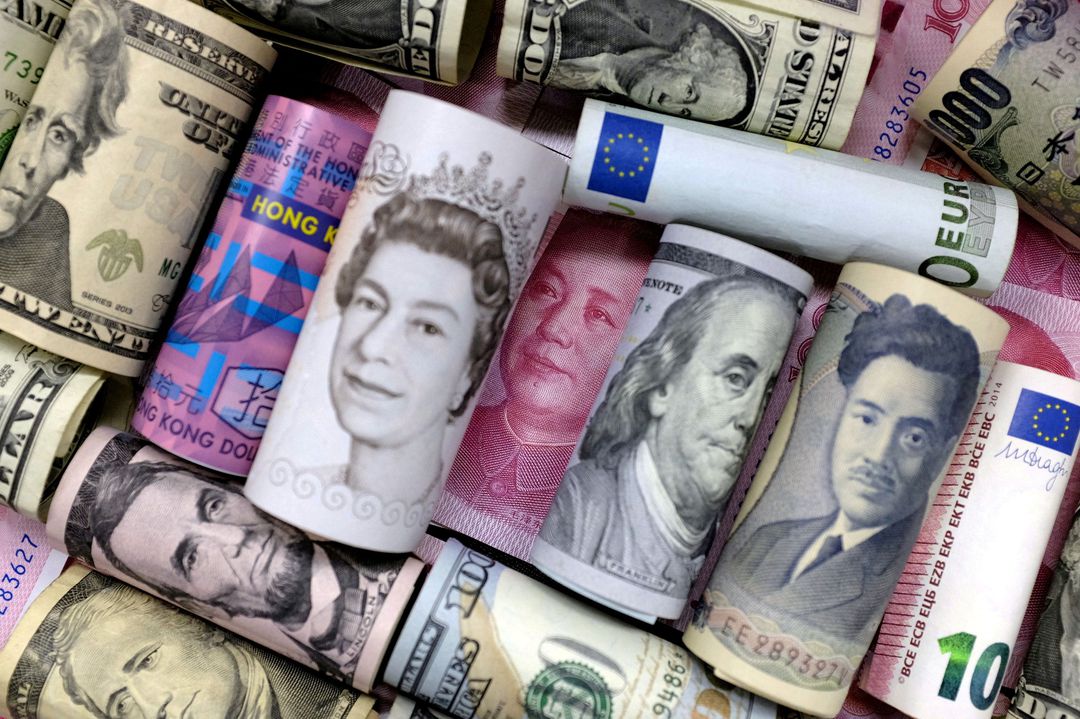
The euro weakened and safe-haven currencies including the U.S. dollar were in demand on Thursday amid intensifying fears of an imminent full-scale Russian invasion of Ukraine.
The greenback, yen and Swiss franc all rose back toward multi-week highs to Europe’s single currency, while the greenback hovered near a one-week peak versus major peers after U.S. Secretary of State Antony Blinken said he believes Russia will invade Ukraine within hours.
Riskier commodity-linked currencies also tumbled, succumbing to worsening risk sentiment after earlier in the week proving resilient due to high commodity prices.
Ukraine has declared a state of emergency and Moscow began evacuating its Kyiv embassy, while the West slapped Russia with sanctions.
The euro fell as much as 0.26% to $1.12750, the lowest level since Feb. 3.
It declined 0.29% to 129.640 yen, approaching Tuesday’s low of 129.360, its weakest since Feb. 3. It slipped 0.22% to 1.03550 franc, closing in on Tuesday’s trough at 1.03405, which was the lowest since Jan. 24.
The U.S. dollar index – which gauges the currency against six major peers, including the euro, yen and Swiss franc – rose as much as 0.19% to 96.372 for the first time since Feb. 14.
“We’re definitely seeing a knee-jerk reaction to Blinken’s comments,” with haven currencies in demand and the euro and commodity currencies sold off, said Joseph Capurso, a strategist at Commonwealth Bank of Australia.
“The situation certainly looks like it’s going to get worse before it gets better.”
The Australian dollar dropped 0.33% to $0.72075 and the New Zealand dollar slid 0.41% to $0.67475.
Sterling lost 0.08% to $1.35340.
Full coverage: REUTERS
Oil Rises As U.S. Says Russian Attack On Ukraine May Occur Soon
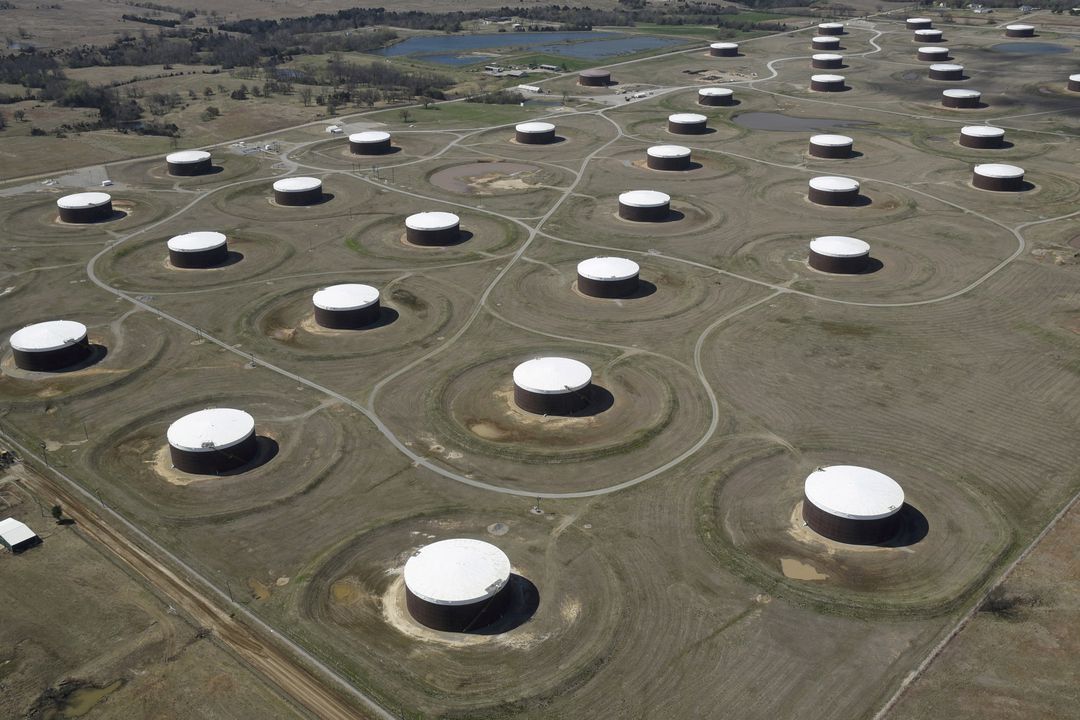
Oil prices gained more than $1 on Thursday, trading below seven-year highs hit earlier this week, as fresh developments on the Russia-Ukraine crisis sparked concerns that supported prices.
Brent crude rose 73 cents, or 0.75%, to $97.57 a barrel at 0130 GMT, after soaring as high as $98.08.
U.S. West Texas Intermediate (WTI) crude futures jumped 85 cents, or 0.9%, to $92.95 a barrel, after rising to as much as $93.50.
U.S. Secretary of State Antony Blinken has said he believes Russia will invade Ukraine within hours after separatists on Wednesday asked for Russian help to repel “aggression” and as explosions rocked the breakaway eastern city of Donetsk.
Russia is the world’s second-largest oil producer, which mainly sells crude to European refineries, and is the largest supplier of natural gas to Europe, providing about 35% of its supply.
Adding to tensions, hundreds of Ukraine computers have been hit by data-wiping software as part of what country officials said was an intensifying wave of hacks aimed at the country as Russia massed troops around its borders.
“After a lull yesterday where the Russia-Ukraine situation fell out of the headlines, its inevitable reemergence overnight has caused a flight to safety once again and lifted oil over fears of a disruption in global energy supplies,” said Jeffrey Halley, senior market analyst at OANDA.
“One factor that could act as a temporary brake on prices is the Iran nuclear deal with rumours swirling around that a new agreement could be announced, possibly as early as this week,” he added. “However Ukraine fears, and their wider ramifications will continue to support oil prices which remain a solid buy on dips.”
The U.S. and Iran have been engaged in indirect nuclear talks in Vienna, in which a deal could lead to the removal of sanctions on Iranian oil sales and increase global supply.
Full coverage: REUTERS

